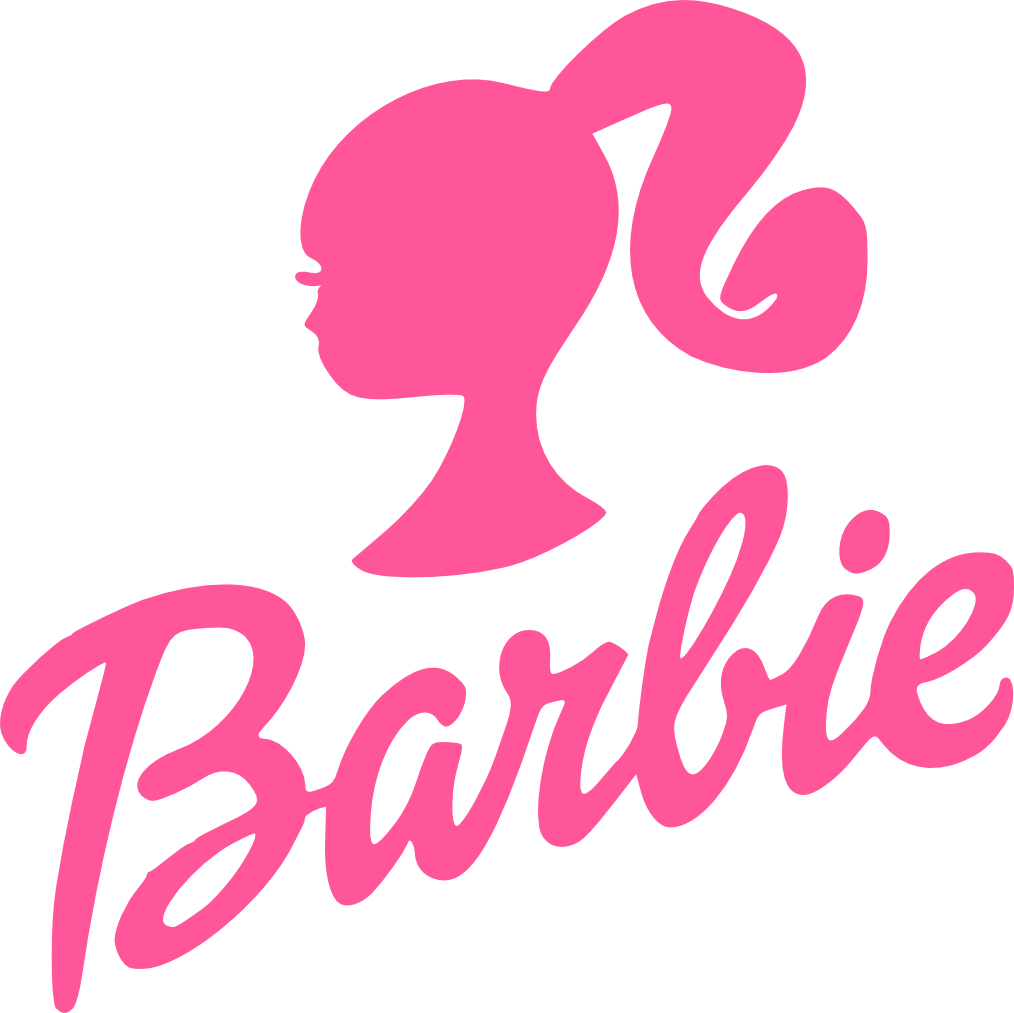By the time August rolled around and I hadn’t seen Barbie yet I was beginning to feel I was on an island far far away from womankind. Along with the rest of humanity living in the developed western world, the summer had turned pink.
Like many, I had Barbies growing up and cherished looking at mom’s dolls who lived in their original boxes from the 1960s. As a huge fan of Lady Bird and Little Women, I felt confident that even if the movie didn’t singlehandedly revitalize Mattel; solve the myriad issues with Barbie and fix “the patriarchy” writ large – it was sure to be an enjoyable use of a rainy summer afternoon. If nothing else, I appreciate seeing a movie so blatantly pink – so blatantly in-your-face feminine, breaking box office records.
Reactions from friends and family had a few things in common: “funny, smart.” Some went so far to say it was life changing – everyone agreed it was well done. Many laughed, many cried, many felt validated. Many younger women have been using Barbie as a boyfriend test. (A sort of will he, won’t he scenario?) My sample audience were all women. According to a brief internet search, I confirmed that many more women have seen Barbie than men. We’ll leave it at that.
My initial feelings towards Barbie – ones of admiration, cozy feelings of sisterhood mixed with a dash of nostalgia proved to be an accurate assessment – I enjoyed Barbie. I didn’t find it particularly revolutionary.
It was blindingly literal, it was witty, it was true. I teared up when Barbie developed feelings, but my emotional reaction had more to do with the capturing of a life; moments big and small, joyful, sorrowful, mundane and transformative that make up human experiences then with me being female. This was the only time I saw myself reflected in the film.
Maybe my lukewarm reaction is in itself a sign of progress – as a young woman coming of age in the 2000s I didn’t have to fight so hard as women who came before me. Of course there are hurtful comments that will stay with me forever, inappropriate remarks, dismissals. But not enough to cause lasting damage. Of course I would be remiss to acknowledge this perspective is also a matter of privilege and the opportunities afforded to a white woman growing up in middle class America. However, in 2023, the lens has turned outwards, towards a more inclusionary vision of each and every individual human, and I’m happy to be part of this new world. New battles are being fought and Barbie is in the fight.
After seeing Barbie, I applaud Greta Gerwig’s bravery in taking on a giant project with such high expectations. It isn’t easy to smartly address the patriarchy in under two hours, while also treating the audience to such a visual delight with laugh out loud humor and nods to modern culture phenomenon a la Birkenstock sprinkled throughout.
In the end, I felt Ryan Gosling stole the show. Gosling’s natural charm, engaging dance routine and absurdly overdramatized cover of “Push” literally pushed Margot Robbie to the background of the movie, contradicting the very ethos of the film – how much better the world could be if it was in fact run by women but yet again, and certainly not on purpose, a man upstages a woman.
I can’t say Barbie is a movie I’d return to, and I found myself thinking of the film A Promising Young Woman (2020) which stayed in my psyche long after for its razor sharp investigation of the blatant violence that faces women all over the world. I found myself thinking of Hillary Clinton’s presidential campaign and all of the hateful things people felt so free to say about her body – how they’d cut her, burn her…murder her. The violence projected against Hillary felt much more real to me than the imagined utopian life in Barbieland where women are presidents, lawyers, doctors. If you want a disturbing deep dive into the convincingly accurate mind of a millennium woman preoccupied with outward appearances and belonging, check out Emma Cline’s latest novel, The Guest.
Although Rachel’s Fleit’s recent documentary, Bama Rush (2023) received mixed reactions, the startling preoccupation with blondeness, thinness and conformity among flesh and blood young women today suggested to me the grip of Barbie is alive and well in modern culture. Bama Rush depressed me much more than Barbie uplifted me. Young women in the thousands are spending weeks planing outfits, dyeing their hair lighter and practicing modulated socially acceptable topics of conversation – even worse, they’re doing it on social media and amassing huge followings. Clearly Barbie has not rushed Bama yet.
At the end of the day Barbie didn’t get under my skin – but perhaps it wasn’t meant to, either. Are hard conversations about feminism only palatable if shrouded in humor? Or is the large audience Barbie drew in critical to turning the tides…is that a victory capital V for women?
I think back to pulling mom’s Barbies off the top shelf. They wore neck scarves, pencil skirts and had neatly trimmed bangs and bobs. I didn’t play with Barbie and think: this is me. I thought she was a pretty face to put back inside her box while I lived my own wonderfully messy human life.










